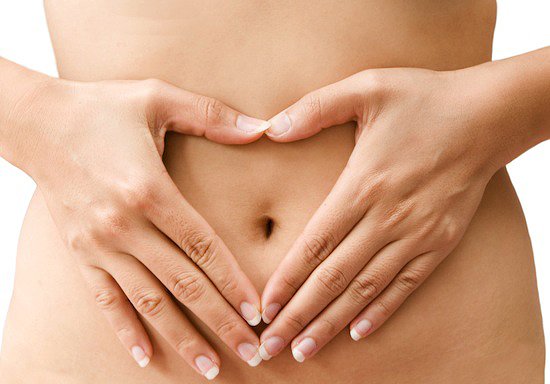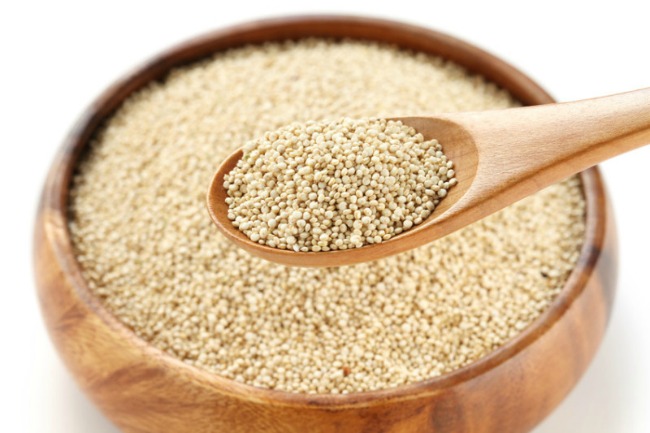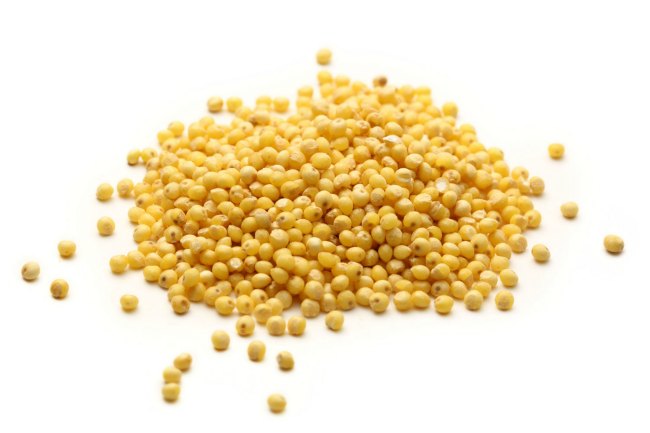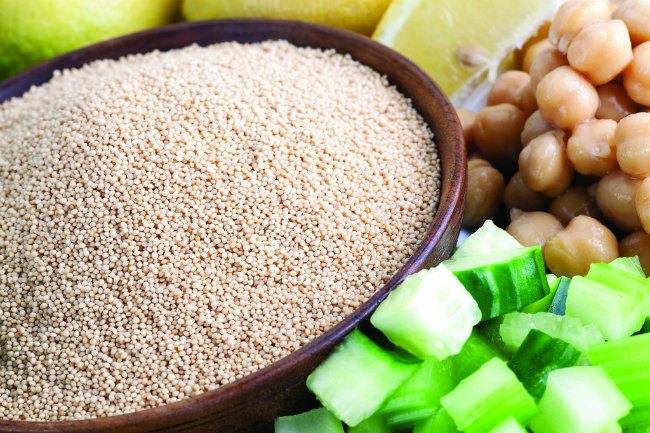

Have you ever found yourself ordering gluten-free food, but also having no idea why you’re going gluten-free?
I’ve seen it a lot.
If you’re going to a decent restaurant that have various gluten-free options available, you can get away with it.
But in other cases, you really can’t get away with your waiter rolling his eyes at you wondering if you’re just another “poser.”
So first things first… what is gluten?
Gluten is a general name for the proteins found in wheat, but it’s also found in foods we don’t expect such as rye, barley, spelt, couscous, etc. [1]
Gluten is associated with celiac disease, a digestive and autoimmune disorder that results in damage to the lining of the small intestine when foods with gluten are eaten. [2]
Celiac disease is one of the most common genetic disorders, affecting approximately 1% of individuals worldwide. [3]
But, what if you don’t have celiac disease?
Should you go gluten-free even if you don’t have Celiac disease?
The answer is… yes and no.
No, you don’t have to go gluten-free if you don’t have Celiac disease.
Yes, most of us can benefit from eating more gluten-free foods.
Going gluten-free maybe able to benefit those of us who don’t suffer from celiac disease, because some of us may be unaware that we are intolerant to gluten, until we cut it out.
To dive deeper into this topic, Katie Mae is back with us today to discuss the following:
- Why eating more gluten-free products is beneficial to most people, even if you don’t have Celiac disease
- The one key reason why we may have issues with gluten, even though we are unaware of it
- 5 healthy gluten-free grains that you should be looking for
Video Interview
Edited Transcript and Article
Q: What about gluten? Is going gluten-free beneficial to most people even if they don’t have Celiac disease?
Katie Mae: Yes I 100% believe that eating more gluten-free foods is better for everyone. That’s not to say that everyone needs to be 100% gluten free.
I just think that everyone would benefit from adding in more gluten-free options and lessening the amount of gluten in their diet.
Gluten comes from wheat, but also from barley, rye, spelt, and sometimes oats if they are not gluten-free. And there can be some contamination with oats.

By adapting a diet that includes more gluten-free items, you are going to lessen the chances that you become sensitive, if you are not already sensitive to it.
One of the main reasons that our society has so many issues with the gluten in these products is because our digestive systems are not healthy.
Part of that is because of all the wheat and gluten we are consuming, but also because of the amount of sugar, alcohol, meat and dairy products in our diet, which are all acidic to our body. As a result, we can get leaky gut.
When gluten gets through into your blood system when it shouldn’t be there, your body sees it as a foreign object so it attacks it. And that is how people develop the sensitivities and allergies to the gluten.
By reducing the amount of gluten you have in your diet you are reducing your chances for getting the allergy and sensitivity to it.
Gluten is not naturally an unhealthy food, but it’s the way it has been processed over the years.
Even with whole grain and whole wheat, they are still highly processed since whole grain and whole wheat have just been hybridized. It’s not the wheat we were consuming 100 years ago, it’s very different.
Then you have the food industry that takes gluten out of things, out of the whole product, and then puts it into other product, so we are getting more gluten then we ever realized.
Q: So this is slightly different from the starch-based diet Dr. McDougall recommends since you are a little bit stricter on gluten?
Katie Mae: Yes Dr. McDougall promotes starches, whether they have gluten or not.
Dr. McDougall believes that very few people in the population are affected by gluten. More specifically, very few people have celiac disease and I 100% believe in what he teaches.
However, I think there are a lot more people are sensitive to gluten, and they don’t necessarily have full blown celiac disease. As a result, I think that people can benefit from reducing their intake of foods with gluten..
And Dr. McDougall’s approach is really for the general public. I think people are doing a very good thing if they can adopt his program.
And when people adopt Dr. McDougall’s program, they start to connect to their bodies more and realise how food affects their health. I think some people will realise that they don’t do well with gluten and will take it a step further by eliminating all gluten.
Katie’s Favourite Gluten-Free Grains
Q: So what are some gluten-free grains that you cook a lot or that you recommend people to start looking into if they haven’t already been doing so?
Katie Mae:
#1: My favorite is quinoa, which is not a grain, it’s a seed. But it’s very high in protein and is very light so I love that.

#2: My next favourite would be oats. If you get the oats gluten-free, then those oats are gluten free. And those are a favourite for people when they start a plant-based diet because it’s so warm and comforting.

#3: I also like corn. I recommend organic corn so it’s non-GMO corn.

#4: Millet is also a favourite, and millet is kind of a new one that less people know about.

#5: Amaranth

Q: Obviously you cook them, but do you sprout them if you eat them raw? How do you recommend people cook their grains?
Katie Mae: I don’t actually eat my grains raw. I used to have buckwheat raw.
Even though buckwheat has wheat in the name, it is gluten free and is not in the same family as wheat.
And I used to have raw vegan buckwheat granola and I really loved that. But I don’t have a dehydrator and for time’s sake I don’t take the time to sprout my grains.
But if I have the option of buying sprouted grains, I would do that. I have most of my grains cooked and I focus on the raw foods coming from my fruits and vegetables.
Q: Thanks for your time.
Katie Mae: You’re welcome!
This is the end of Part 2. Stay tuned HERE for Part 3 of our series.
We’ll be talking about:
- 4 strategies to supercharge your diet
- How to eat healthily while dining out, without alienating your family and friends
- Actionable tips to gradually eliminate excess oil, salt, and refined sugars from your diet
About Katie Mae: Katie is a plant-based nutritionist and culinary instructor at the TrueNorth Health Center, and Dr. McDougall’s Health and Medical center, two leading locations for lifestyle medicine in the world. You can visit her website here.
Sources:
- [1] http://celiac.org/live-gluten-free/glutenfreediet/what-is-gluten/
- [2] http://www.webmd.com/digestive-disorders/celiac-disease/default.htm
- [3] http://www.ncbi.nlm.nih.gov/pmc/articles/PMC3264942/


